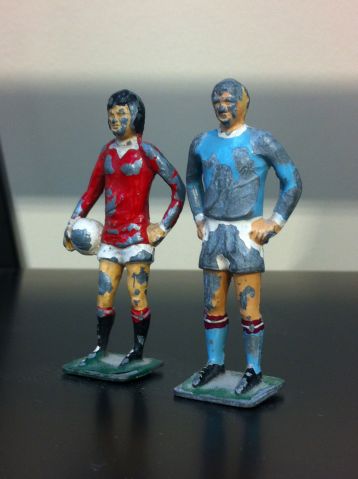There are times when life puts art firmly into perspective. I’ve always believed that art can’t exist in a vacuum. One of its main purposes, for me, is to reflect what’s happening in the world.
This morning I read an article in The Guardian about a father whose sons have recently been diagnosed with a life-shortening genetic disorder. If this doesn’t help put into perspective what really matters, then I don’t know what will. You can read the article here:
http://www.theguardian.com/lifeandstyle/2014/aug/16/our-beautiful-sons-could-die-before-us?CMP=twt
And then there’s what’s been happening elsewhere in the world. The recent events in Gaza (and in Syria and Iraq, too) must surely have touched us all. Who could fail to be moved by the reports and harrowing images coming out of these countries? Innocent civilians, many of them children, killed and maimed; homes and communities totally destroyed.
I’ve been deeply affected by the scenes of people in Gaza sifting through piles of rubble (once their homes) in the hope of finding some remnant of their past lives – a photo, perhaps; birth certificates proving that their children exist – or not, as the case may be. Ever sentimental when it comes to personal possessions, I can’t even start to imagine what it feels like to lose everything in such a brutal, violent way. Headlines like ‘Civilians pick through ruins of homes to salvage belongings’, ‘Choosing what to save’ and ‘Proof of a life’ have stayed with me.
These shocking events in the wider world have brought the sorting process I’ve documented here over the past few months sharply into perspective. The contrast is stark. While I’ve been wondering at my leisure what I should keep, the people from these war torn areas have had their possessions, quite literally, blown away.
It’s made me think again, about the motivation behind my art and what I do; how fortunate I am in comparison to have a choice over what I do and to exist in a safe, stable environment. I have the privilege of choosing the items I would like to keep and secure surroundings in which to keep them.
It makes me realise just how lucky I am to be able to have this kind of control over my life – I’ve never been forced back by war or the sheer struggle to survive like the people in Gaza, Syria or Iraq. And this won’t be the first time for many of them, either, that their homes have been shelled and ripped apart, all possessions lost. Sadly, it probably also won’t be the last.
For me, these dreadful images and stories touch on what is at the heart of my practice and resonate with what my work reflects – ‘the permanence of objects and the fragility of life ‘ as described in my artist statement. Despite hundreds of people’s lives being wiped out through direct military action, objects can and do survive – the photos, the birth certificates in the article I’ve linked to below.
I’ve never had to experience anything remotely like the suffering these people are going through. Compared to their daily struggles, my moans about how laborious the task of de-cluttering is, my fretting over how hard it is to make a decision to let go of the things I’ve grown emotionally attached to, pale into absurd insignificance.
A lot of the art I make is produced as a means of trying to make sense of my own world and the world at large, so that other people can relate to it. If art holds up a mirror to society and reflects life as it really is for others outside of my own safe, secure home and art life, then it can only be a positive thing. It’s all about keeping things in perspective.
http://www.click2houston.com/news/scenes-from-the-ground-in-gaza/27168172

